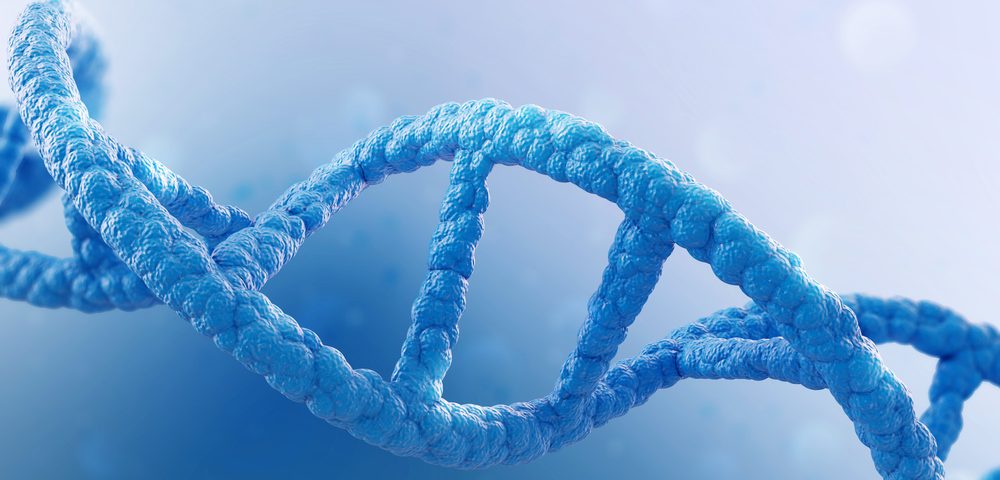The first patient has been dosed in a Phase 1 trial assessing Syros Pharmaceuticals‘ investigative therapy SY-1365 in patients with advanced solid tumors, the company announced.
The trial will particularly enroll participants with cancers that are highly dependent on transcription processes to thrive, including ovarian cancer, triple-negative breast cancer, and small cell lung cancer.
“SY-1365 represents a promising new approach for treating a number of aggressive cancers that have eluded treatment with other targeted approaches,” Anthony W. Tolcher, MD, director of clinical research at South Texas Accelerated Research Therapeutics (START) and a clinical investigator in the trial, said in a press release.
“Certain cancers are particularly dependent on high expression of transcription factors for their growth and survival, and SY-1365 has shown substantial anti-tumor activity in preclinical models of these cancers,” he said. “We’re pleased to have enrolled the first patient in this clinical trial and look forward to further investigating SY-1365 for patients with these difficult-to-treat solid tumors.”
While the transcription process — the production of a protein from a gene — is universal to all cells and tissues, studies have shown that some genes are especially sensitive to inhibiting transcription.
The control of gene transcription involves a set of cyclin-dependent kinases (CDK), including CDK7, which are critical elements in the transcription process. Therefore, inhibiting these proteins could hold promise in the treatment of certain cancers highly dependent on transcription processes.
Indeed, studies have shown that ovarian cancers, triple-negative breast cancers, and small cell lung cancers share a profound dependence on CDK7. Inhibiting this transcriptional protein impairs the production of genes required for such cancers to survive and progress.
Syros’ SY-1365 is an experimental CDK7 inhibitor, and studies in triple-negative breast cancer mouse models have shown that it can lead to complete regressions in a twice-weekly dosing regimen — consistent with the regimen used in the new Phase 1 trial. The drug was also specific to cancer cells, leaving healthy cells unharmed.
“Patients with triple negative breast, small cell lung and ovarian cancers, as well as other transcriptionally dependent cancers, are in dire need of better treatment options,” said David A. Roth, MD, chief medical officer of Syros. “Based on the strong preclinical data, we believe SY-1365 could provide a meaningful benefit for patients with these cancers.”
The recently started Phase 1 trial (NCT03134638) is a multicenter, dose-escalation, two-arm study, designed to assess the safety and efficacy of SY-1365 in approximately 70 patients with advanced solid tumors.
The study will be conducted in two parts. Part 1 will enroll 35 patients with advanced solid tumor who will receive escalating doses of SY-1365. The primary goal is to assess the safety and tolerability of each dose, and to establish a maximum tolerated dose and a recommended Phase 2 dose and regimen.
Once the Phase 2 dose and regimen is established, Part 2 will enroll an additional 35 patients with select solid tumors, to evaluate the preliminary activity of SY-1365. Part 2 will include two cohorts, one with 25 patients with triple-negative breast cancer, small lung cancer, or ovarian cancer, and another with 10 patients with readily accessible tumors for the evaluation of SY-1365 pharmacodynamics (how the body reacts to the drug) within tumors.
“We have designed our Phase 1 trial to efficiently assess early proof of mechanism during the dose escalation phase and early anti-tumor activity by focusing the expansion phase of the trial on a set of transcriptionally dependent tumors that are most sensitive to CDK7 inhibition and for which early anti-tumor activity may be observed,” Roth said.

